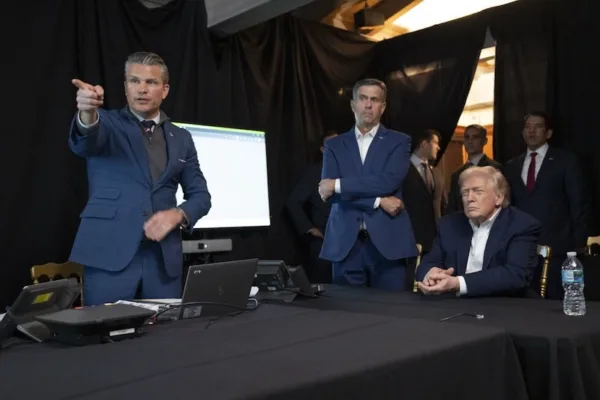European tolerance for the ‘other’ crumbles
I wrote a column on Saturday about the attitude of authorities in some European countries. I tried to explain how this attitude threatens bilateral relations between Turkey and certain European countries and all the ethnic and religious minorities living in European countries. Ultra-right wing political parties and politicians have been on the rise in several European countries over the last decade and the rise of anti-immigration and Islamophobic rhetoric by these political parties should be considered a serious threat to the stability of Europe and the security of minorities living in these countries. With elections approaching in several of these countries, we have started to see populist ultra-right discourse begin to be utilized more frequently by politicians, and now it might even start to impact the rhetoric of more mainstream political parties. In several elections and referendums that have taken place in the last few years, opposition to Turkey’s membership in the EU and opposition to Syrian refugees have become the dominant issues for some political parties. Opportunist politicians pumped the fear of immigrants and other cultures in their campaigns to rally the support of millions of Europeans during the elections.
In the last few weeks another dimension of rising populist and rightist campaigns started to reveal themselves by limiting the activities of some Turkish organizations in several European countries. In particular, meetings concerning the upcoming referendum in Turkey have been blocked for artificial reasons by the authorities. Finally, the situation reached its peak last weekend after the government of the Netherlands canceled a landing permit for the plane of the Turkish foreign minister, who was planning to visit Rotterdam this weekend. It was a shocking development considering that both countries are NATO members.
Following this, the Turkish minister of family and social policies was stopped on the street of the Turkish consulate in Rotterdam without explanation. Moreover, in a highly undiplomatic and offensive move, the minister was detained by Dutch authorities and deported. Explanations provided by the government of the Netherlands further strained the crisis. The vague statement demonstrated that the government could not find an acceptable reason for blocking Turkish ministers from meeting Turks in the Netherlands, especially considering the rather comfortable campaign process some groups are pursuing in these countries. The attempt by the Netherlands government generated a strong reaction among the Turkish public, regardless of their political affiliation. Despite the vague statements on public order and security by the authorities, it is obvious that the Dutch government is trying to take advantage of the ultra-right movement in the country by generating a major crisis with Turkey.
Recent reports about the upcoming elections in the country this week demonstrated that the main issues in the elections are set to be identity related, and ultra-right lawmaker Geert Wilders is navigating the populist movement with an Islamophobic tone. In various statements and tweets, Wilders earlier expressed his opposition to visits by Turkish ministers. Most probably to deal with this rhetoric, the government of the Netherlands is basically rallying behind the same rhetoric and policies. This time, the targets are Turkish ministers and Turkish groups in the country. However, as we have seen in numerous instances the discourse of hate and intolerance usually does not stop with only one “other.” Once triggered, the same discourse can initiate campaigns against any other culture, religion, race or ethnicity. Thus, the dangerous step that the Dutch government took this weekend by appeasing intolerance may lead to serious developments that might threaten the lives of minorities in the country.




















